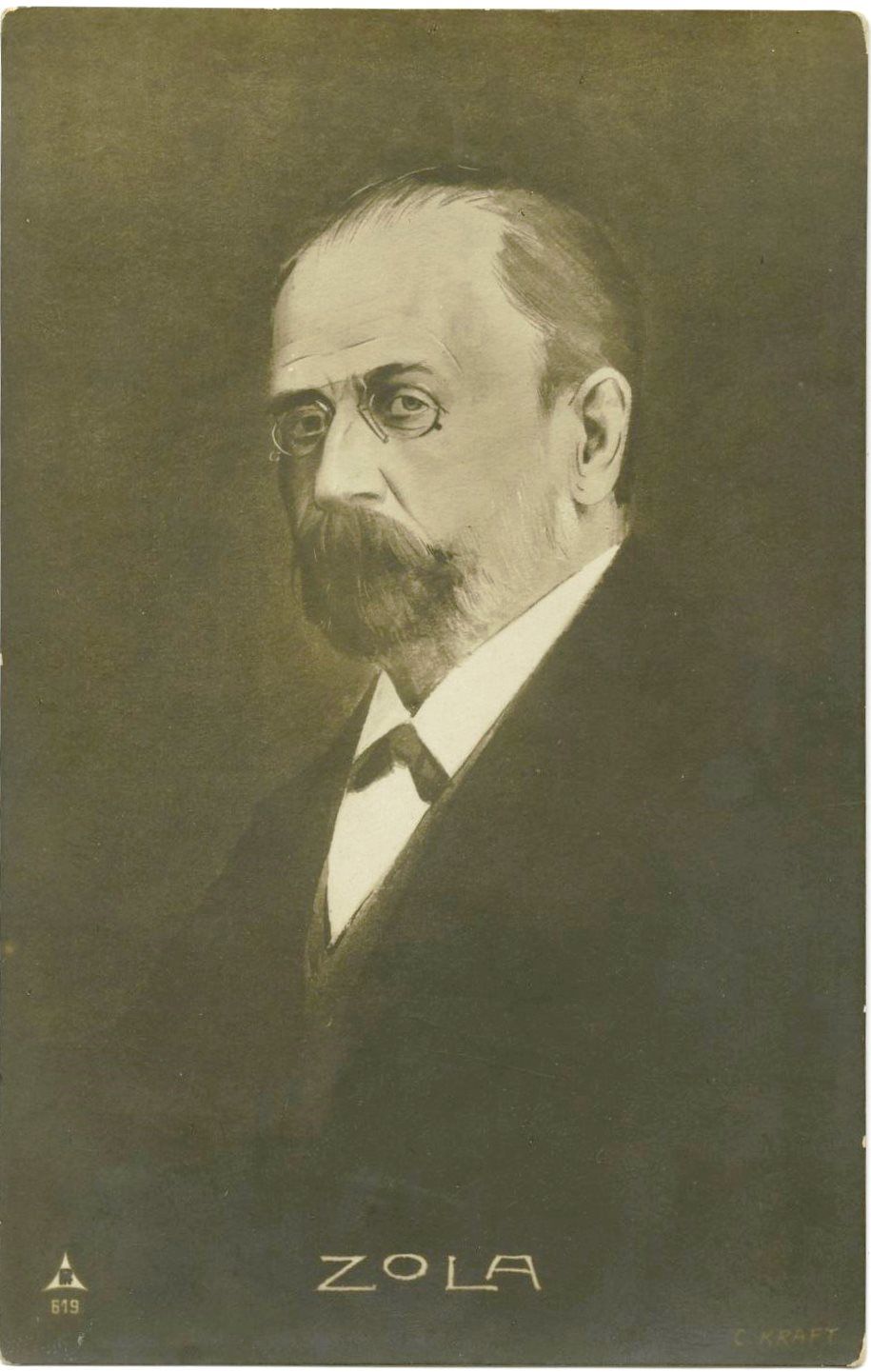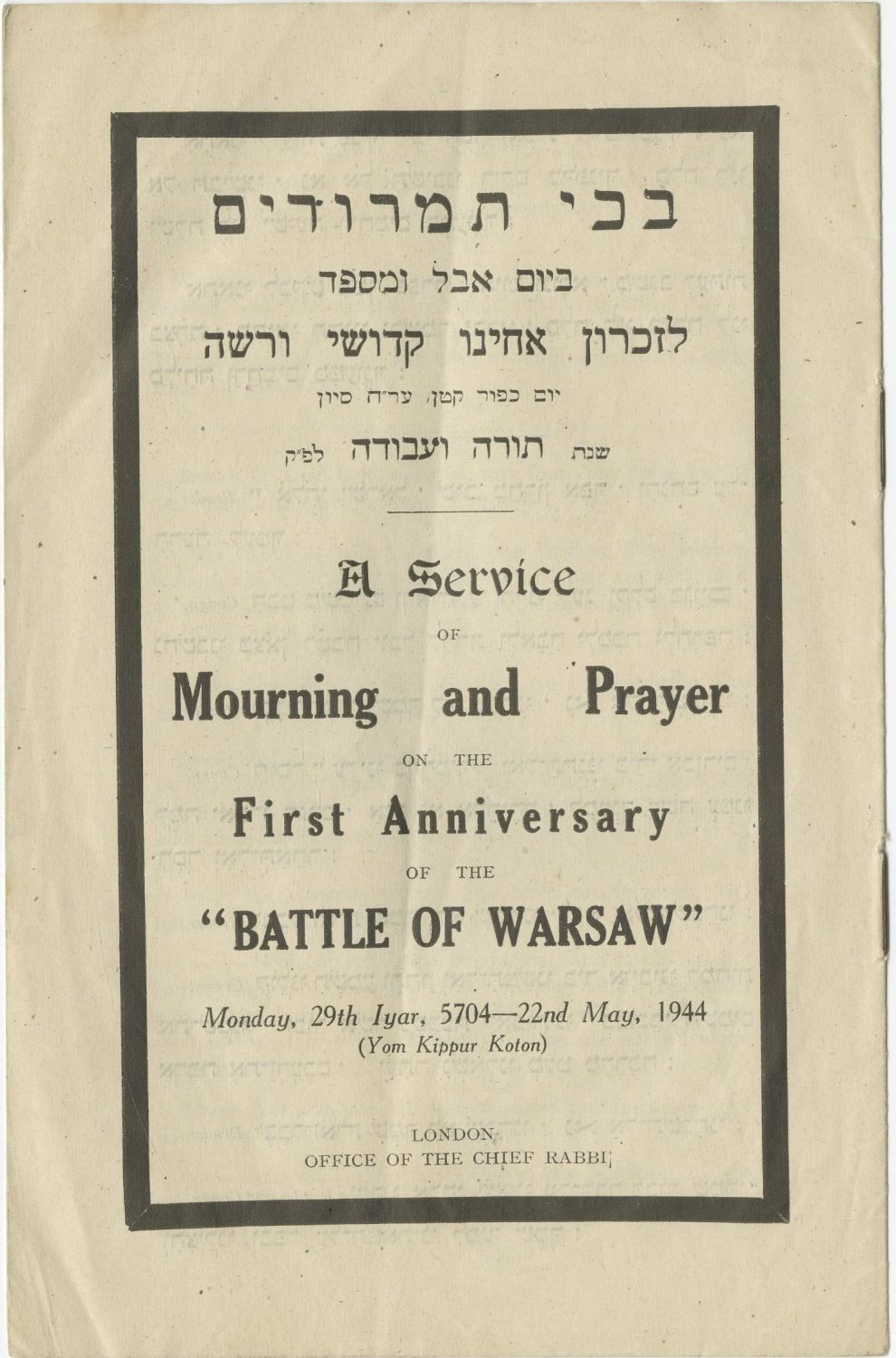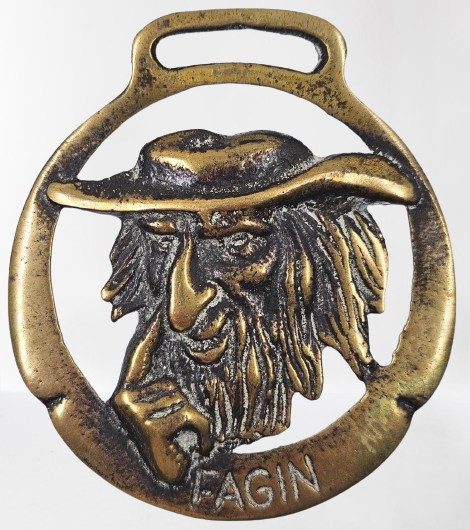ARZTSCHREIBER IN BUCHENWALD - Medical official in Buchenwald By Walter Poller. Prisoner report No. 996 from block 39. PHONIX Publishing, Hamburg 1946 - first edition. Accompanied by four original lithographs depicting prisoners in their plight in the camp, by Richard Gran. German - A copy with a dedication and the author's signature. Cover design by Bruno Christen.
At the beginning of the book, the author's oath: Today, April 24, 1945... I report what I experienced in the Buchenwald concentration camp in Ettersberg near Weimar. Before I write a word, I swear on my life and in everything dear to me and everything worth living for that I will write only the simple truth. I swear before myself and before humanity: I will not knowingly or negligently write a single word that distorts, exaggerates, or matches part of the truth... I swear this oath, and confirm it with my signature."
The author [1900-1975] was arrested by the Nazis several times between 1933 and 1934 on charges of attempting to subvert the Nazi regime following Political articles he published in the press. In those years, he underwent 17 interrogations under torture, but did not betray his friends, and did not answer the questions he was asked. In July 1935 he was sentenced to four years in prison for treason against the regime. In those four years he served his sentence in four different prisons throughout Germany. In November 1938 his imprisonment ended, but he was not released. After a short interrogation and a medical "examination" that lasted about two seconds, he was transferred on December 22, 1938 to the Buchenwald camp, about a year after the camp's establishment, At the same time that "the rage of the Nazis raged without restraint" as he put it. On the way to the camp, he met a prisoner who was taken with him on the train, he told him about the horrors taking place in the camp, and told him that he would expect at least three years in prison, from which the chance of getting out alive tends to zero. The same prisoner who provided him with the information died a few days after the two arrived at the camp. When he arrived in Buchenwald, he was told that anyone who tried to escape would be shot on the spot. As soon as he arrived at the camp, he noticed the great difference between the prisoners who were with him in the prison before, and those in Buchenwald. The inmates at the prison examined every new inmate who arrived. They tried to talk to him, get to know him, and get various details from him. In Buchenwald, the prisoners were human skeletons, they were not at all interested in the new prisoners out of complete apathy, and didn't turn to them, and even when they looked at them it was obvious that they didn't really notice them. At that moment he understood what the prisoner he met on his way was talking about.... Upon arriving at the camp, after a whole day of interrogations and torture, his clothes were removed and he was given a prisoner uniform, hat, shoes, prisoner number, and his place in block 39.
From here, Poller describes the difficult daily life in the camp: the forced labor of transport unbearably heavy trunks, the constant hunger, the deafening music of the 'camp band' throughout the day, the endless orders and the daily murders, the draining of the strength of his fellow prisoners who died one by one, the tortures the prisoners went through by the "Kapo" who do not deserve the name "human" as he put it. At a certain point, Poller was transferred to serve as a 'physician clerk' in the camp, and witnessed countless harsh medical experiments conducted by the Nazis on the camp's inmates. On one occasion he describes how he entered the barracks where there were about a hundred dying Jews who suffered from typhus, and the doctor had a number of medicines that were enough for only five prisoners to save them from death. The nazi doctor asked him as his "assistant" to choose five of them. It was one of the most difficult moments in the camp for him. His role as a 'physician official' in the camp was to submit reports regarding the health status of the prisoners, and as part of this role he saved many Jews from death by submitting false reports. Poller was even responsible for the Medicines order lists for the camp, and many times ordered larger quantities than those approved by the Nazis, thus saving more and more prisoners.
On May 9, 1940, Poller was released through the intercession of his friends outside Buchenwald. He wrote the testimony he compiled into a book while he was in the camp on different notes which he hid, and took with him when he was released.
230 p. 21 cm. Original cover illustrated in the shape of a prisoner's uniform and his number. Very good condition.













